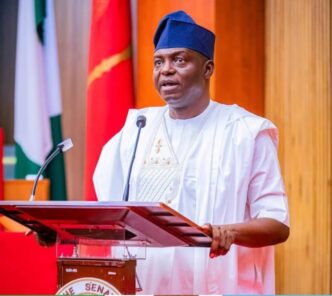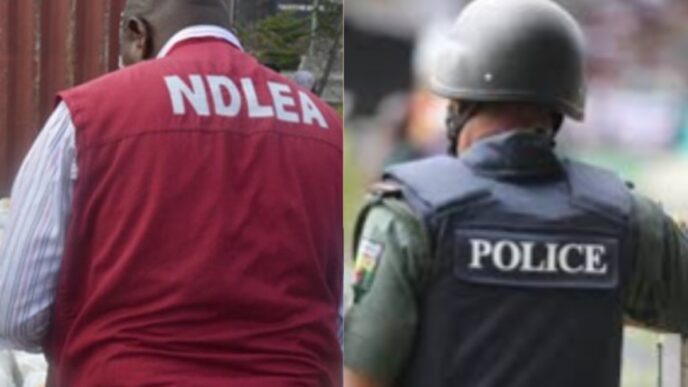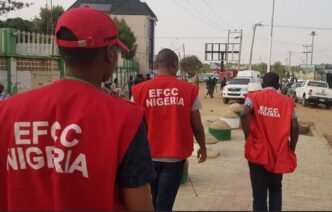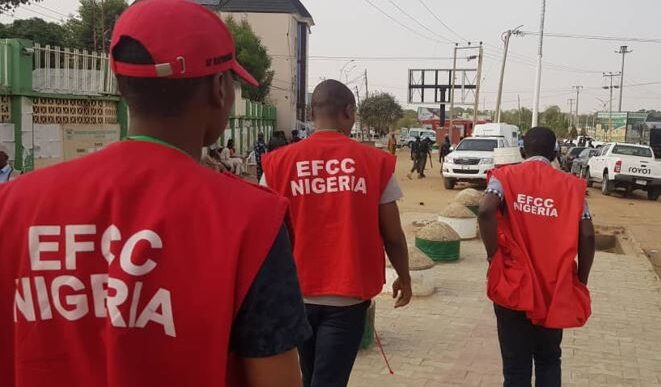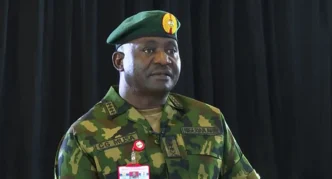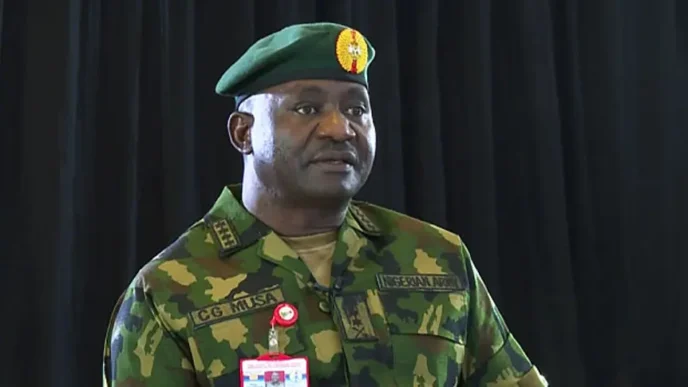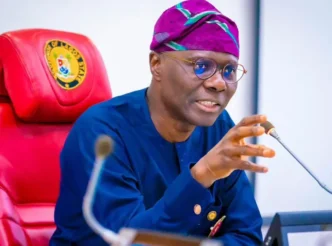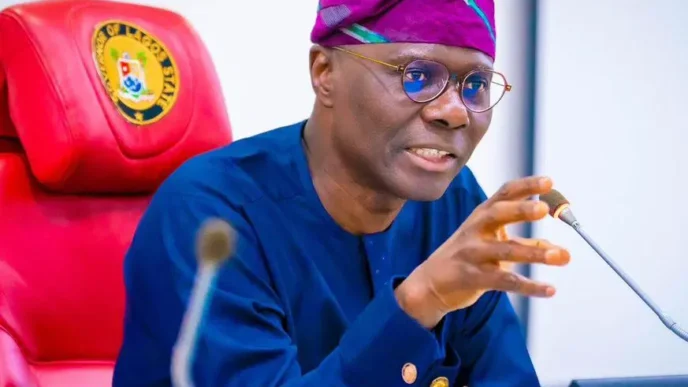The Federal Government has approved N4 billion for conditional cash transfers aimed at alleviating poverty among vulnerable households across Nigeria.
The initiative, announced on Thursday during the launch of the 2025 Nigeria Humanitarian Needs and Response Plan (HNRP) at the United Nations House in Abuja, is expected to provide relief to at least 10 million displaced families.
Minister of Humanitarian Affairs and Poverty Reduction, Prof. Nentawe Yilwada, stated that the programme would commence in February and run through April.
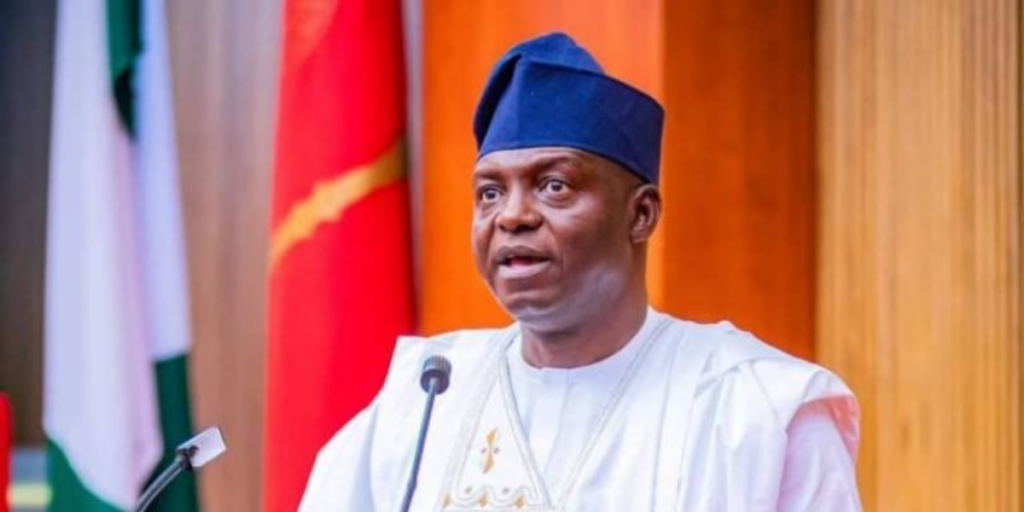
“The President has approved the Ministry’s plan to begin paying conditional cash transfers to 10 million displaced households between February and April,” he revealed.
The cash transfer programme is primarily focused on families affected by displacement, particularly in the conflict-hit Northeast region.
Moreover, the government has set aside N2 billion in interest-free loans for rural farmers to boost food production and promote self-sufficiency.
These loans, ranging from N300,000 to N400,000 per household, are expected to assist farmers with accessing necessary resources and linking them to market opportunities.
“These interventions are part of the government’s broader strategy to alleviate poverty and provide relief to those in urgent need,” Yilwada added.
The Minister emphasized the government’s commitment to supporting vulnerable groups, particularly women, widows, and people with disabilities, who face unique challenges.
“We are prioritizing women, especially widows, pregnant women, and those with disabilities,” he said.
Additionally, female-headed households will receive special attention due to their increased vulnerability to issues such as hunger, gender-based violence, and food insecurity.
Meanwhile, the government’s broader humanitarian strategy also addresses the needs of internally displaced persons (IDPs) and returnees in conflict-affected areas like Borno, Adamawa, and Yobe.
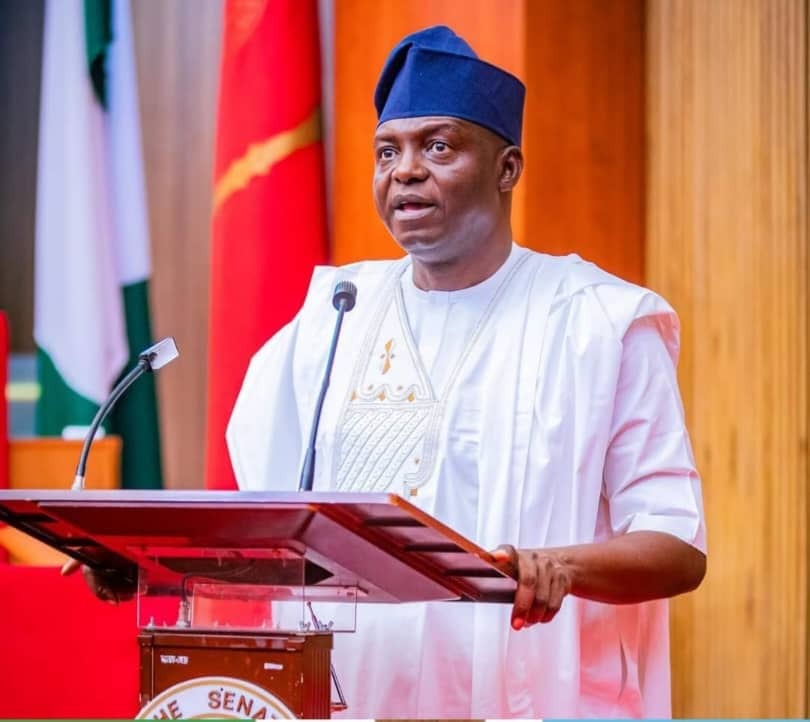
The HNRP, developed through extensive consultations, aims to integrate humanitarian, developmental, and peacebuilding efforts for long-term resilience.
Prof. Yilwada reiterated, “We are combining the efforts of humanitarian, developmental, and peacebuilding platforms to ensure long-term resilience and sustainable solutions for these communities.”
Head of the UN Office for the Coordination of Humanitarian Affairs, Mr. Trond Jensen, highlighted the magnitude of the crisis, noting that 7.8 million people in Borno, Adamawa, and Yobe states will require assistance in 2025.
This highlights the importance of the government’s interventions, which aim to curb poverty and reduce the risk of vulnerable individuals engaging in crime.
